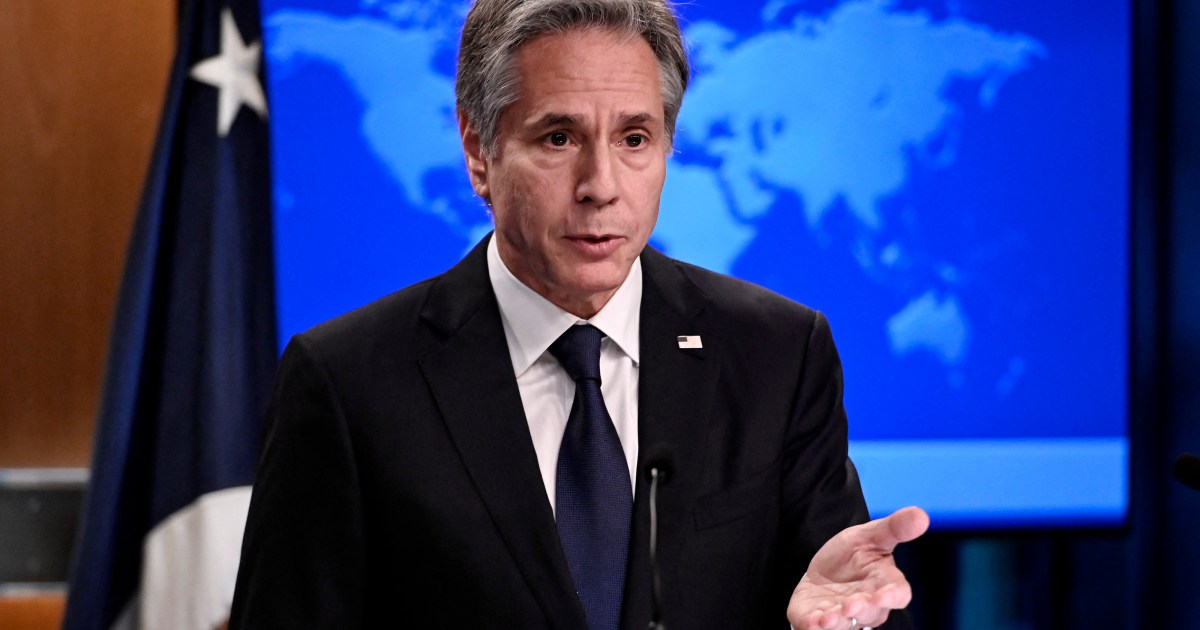The United States announced the imposition of new sanctions on Iran to prevent it from selling its oil, targeting companies that transport Iranian oil, in the context of the failure of negotiations to revive the Iranian nuclear agreement between the two countries months ago.
In turn, Tehran vowed what it described as a decisive and strong response to the new sanctions and to take the necessary measures to neutralize their effects on the Iranian economy.
"The United States designates six entities that facilitate illicit transactions related to Iranian oil as well as petroleum and petrochemical products, which are the main sources of revenue for the Iranian government," US Secretary of State Anthony Blinken said in a statement.
The US Treasury announced economic sanctions on four other companies "used by the Persian Gulf Commercial Petrochemical Industries Company, one of the country's largest petrochemical brokers, to facilitate the sale of tens of millions of dollars of Iranian oil and petrochemicals from Iran to East Asia."
The statement added that the company "is affiliated with the Persian Gulf Petrochemical Industries Group, which represents half of Iran's total petrochemical exports."
The group is already subject to US sanctions.
Blinken stressed that America will continue to "use sanctions to target exports of oil, petroleum and petrochemical products from Iran until Iran is ready to return to full implementation of the Joint Comprehensive Plan of Action," that is, the Iranian nuclear agreement.
promise to reply
For its part, Tehran vowed what it described as a decisive and strong response to the new sanctions and to take the necessary measures to neutralize their effects on its economy.
The Iranian Foreign Ministry said that the administration of US President Joe Biden is strengthening the policy of maximum pressure against us, despite its officials' recognition of its futility and failure, and pointed out that Washington's addiction to imposing sanctions and using them as a tool does not change with the change of US administrations.
The Foreign Ministry indicated that Washington does not stop its "destructive and fruitless" measures against us, despite efforts to resume nuclear negotiations.
The 2015 agreement between Tehran and Washington, Paris, London, Berlin, Moscow and Beijing allowed for the lifting of sanctions on Iran in exchange for reducing its nuclear activities and ensuring the peace of its program, but the United States unilaterally withdrew from it in 2018 under former President Donald Trump, re-imposing harsh economic sanctions on Iran which responded by gradually reversing most of its commitments under the agreement.
Iran and the powers affiliated with the agreement began talks to revive it in April 2021 in Vienna, with the indirect participation of the United States and facilitated by the European Union.
Although significant progress has been made in the negotiations, the talks were suspended last March, with points of disagreement remaining between Tehran and Washington, on which those concerned have not yet been able to bridge the gap.

